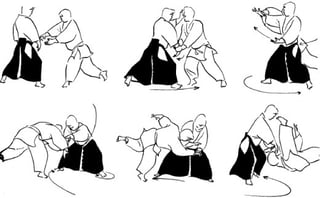The common interpretation of the phrase according to the New York Times and urban dictionary and dictionary.com is about living up to a stereotypical image of masculinity. There are other meanings for sure but the overwhelming meaning comes as sexists: conform to a sexist image of a man.
When I used the term in the past, it was to mean a mixture of stopping being afraid, of dealing with a (small) amount of pain without breaking down, and pushing oneself beyond what one feels that they are capable of. There was no sexist undertone.
For example, kote gaeshi (see below—image by Oscar Westbrook, taken from this book) is a scary throw especially if done at speed. Many people find it intimidating in randori/kata but can do it perfectly fine in basic practice. All they need is a little push to get their self confidence up ("man up!") to be able to do it in any situation.
Note that the term was used in our dojo by female and male instructors to both male and female students. Thus diminishing its sexist nature. Still, a better term would be good.
Newspeak/Political correctness notwithstanding, I do not really mind "man up" as long as it is understood that there is no sexism involved in the term as we use it.
However, if someone is watching a session or just started training and hears the term, I would hate for them to leave the club because they perceive erroneously that we are macho. Too few women train in martial arts because of a perceived (and sometimes accurate) view that all martial artists are macho. If I can use a better term, great. Besides, I like using big words and expending my vocabulary. ☺
There are some equivalents here, here and here. However, to my ears, none of them are a good fit for a dojo setting. Then again, I might be wrong and need convincing.
Is there a better term?
Although a rude or familiar equivalent would be acceptable as an answer, I am really looking for something is which neither sexists, nor rude, nor offensive. The aim is to be inclusive, not discriminating.
